Going with God
Palmer: “pilgrim” or “palm-bearer.” In the early church, people who went to the Holy Land and returned with palm branches were called “palmers”; they were also acolytes during the subsequent Ash Wednesday Mass, holding the bowl of blessed palm ashes for the priests to distribute.
The idea of going on a pilgrimage has always appealed to the medieval in me. Put it down to having a romanticised vision of staff-bearing, sandaled, foot-sore travellers, pilgrim inns and a variety of holy destinations, partnered with a very private desire for time … weeks of it, to spend with God in a place where nobody knew me and, aside from hotel bookings, nobody was expecting me. In this way, I thought I would experience the kind of personal isolation I felt I needed, even though my pilgrimage would take place in France.
I’m not much of a detail person when it comes to making plans: to think is to do. I booked a hotel, gazed at Google maps, polished up my French, checked my ability to follow and respond to the Mass en français, packed a Lonely Planet, ate a farewell feast with friends, received a special pilgrim’s blessing from Fr Carl Telford sm, picked up my bag and was on my way. I saved quite hard, too.
The hotel I’d booked for the first four weeks in the Parisian République district was only a few moments’ stroll from Eglise Saint-Ambroise. As soon as the formalities were over, I made a beeline for it to tell God I’d arrived, as if he didn’t know, and give thanks for my safe journey. My pilgrimage had truly begun.
Paris is blessed with numerous churches. Most seemed very grand to me – and I visited many. Each day I’d pay a visit and enjoy some time with my rosary, meditating and luxuriating in the opportunity to simply let God’s will direct me. I’m very much of a DIY type, so this was a new experience.
“Letting God” was an excellent idea. I’d already told those who’d questioned my wisdom in going on the pilgrimage on my own that I wasn’t going by myself at all. How could I be, since the Holy Spirit is with me – and all of us – all the time? We were partners in this adventure. So – “letting” involved finding myself hurrying (for no apparent reason sometimes) to churches and discovering when I arrived that Mass was just about to begin, or a Holy Hour had just started. I joined in with groups I chanced upon who were praying the rosary and once, imagining I’d arrived just in time for Saturday morning Mass, realised after a few very confused minutes that I was at a child’s baptism.
I read somewhere the “pilgrim intention gathers and nourishes” and often found myself involved in what I called “random acts of prayer” with complete strangers. There was a woman in a bus stop in Avignon happy to chat about prayer and praying after early Mass, the man in the cafe in Lourdes who talked to me about why we should honour Our Lady, a priest in Lyon who called to me as I passed him in a hotel lobby. He wanted a person to join with him as he was about to say Mass in one of the common rooms and was on his own. Then there were the unexpected places people long past had set aside to acknowledge God – like the very little chapels in stately houses, the statues of Our Lady, St Joan, St Antoine, angels, St Nicolas on the corner stones of buildings, blessing the street and passersby with their presence and Montmatre’s Sacré Coeur and Lyon’s Notre Dame de Fourvière – both shining above their cities, calling to citizens and pilgrims alike. There are even a couple of chapels on the Pont d’Avignon – I don’t think our bridge engineers would receive funding to include these in their structures today!
Each day, it seemed, new opportunities emerged to join others in random acts of prayer. Like the day I went into a gift shop near the Gare du Nord in Paris while I was waiting for a train to take me to Arras. After a few interested enquiries from the owner, Stephen, about where I come from and why I was in France, he said “I think we should pray together now” and – regardless of the shop being open and the crowds walking past, immediately began by blessing me and commending my journey to God’s care. He called on me to pray next and finished by asking me to pray for France “for she needs prayer now more than at any other time.”
My object in visiting Arras, by the way, was to leave a poppy in La Carrière Wellington, where New Zealand engineers and miners tunnelled under the Front Line in World War 1. In this place I saw an exquisite, century-old wall drawing of the Mass celebrated in the tunnel on Easter Sunday, the night before the battle of 8 April 1917 in which so many would lose their lives. To me, that picture is a prayer in itself, recorded for all time. I wondered if the artist survived.
All these years later, I doubt anyone could pass this spot without a fervent plea to God echoing in their hearts for the souls of those lost in the sorrow and waste of war.
And so my pilgrimage continued. I found enormous faith among many people, but their voices are being drowned by those of the indifferent majority. We prayed, we ate together, we shared train journeys and met in public gardens. I had a number of unexpected adventures and was shown extraordinary kindness by numerous people anxious to make my pilgrimage pleasant. Far from the anxieties of a medieval journey, I was comfortably transported, fed and housed – and aside from a few blisters, my feet did not suffer much at all during my long and often bewildering journey from here to there and back again.
Please pray for France and for those who would seek to hurt her as she – and they – need our prayers.
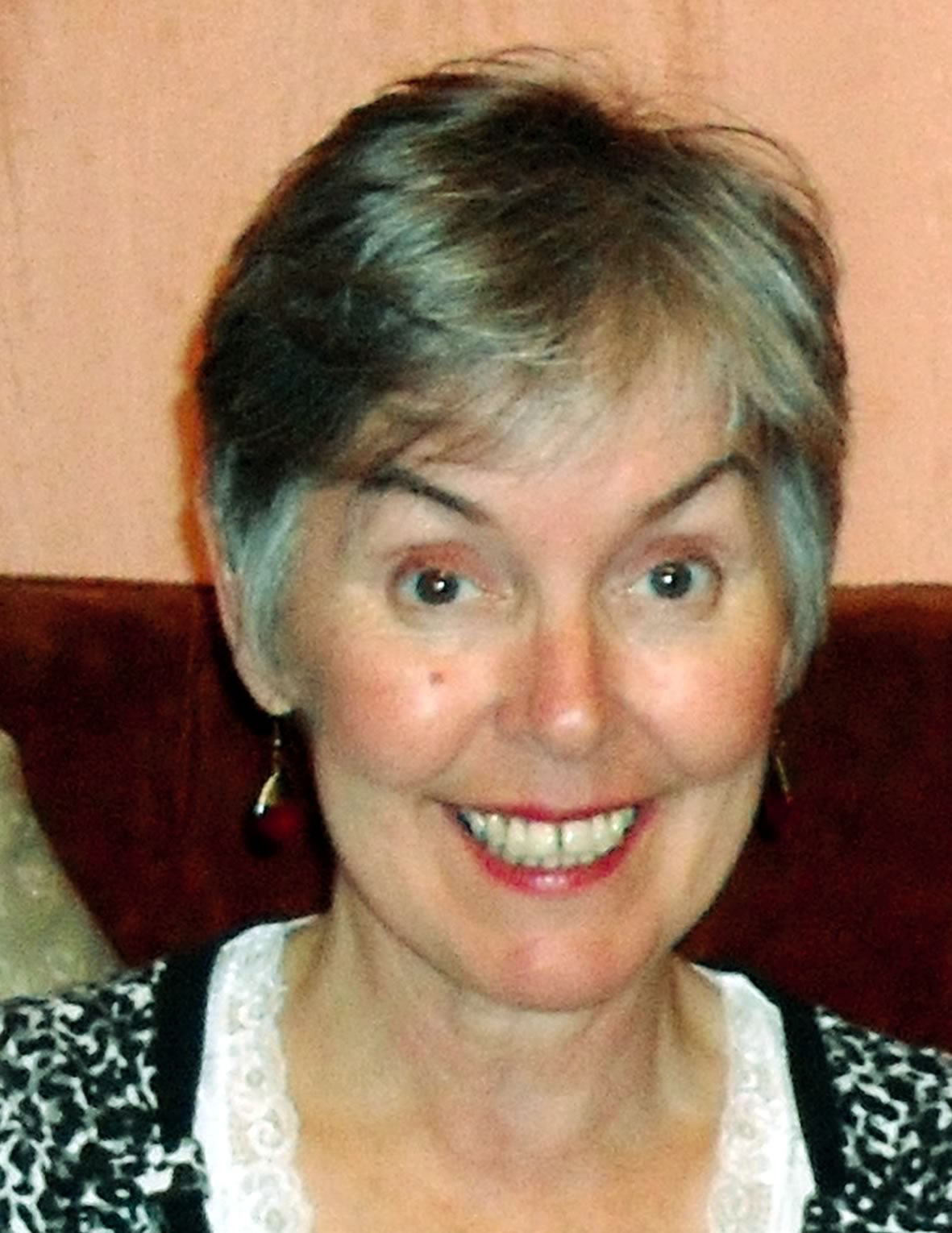
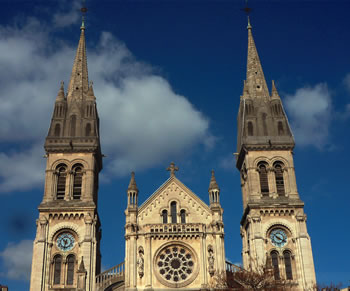
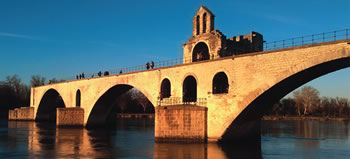
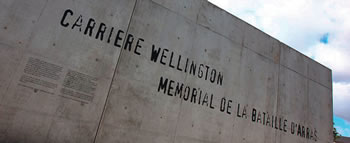
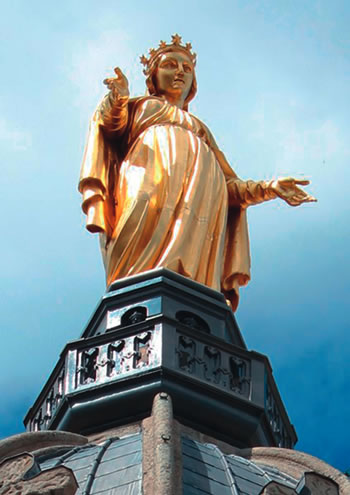
 Entries(RSS)
Entries(RSS)